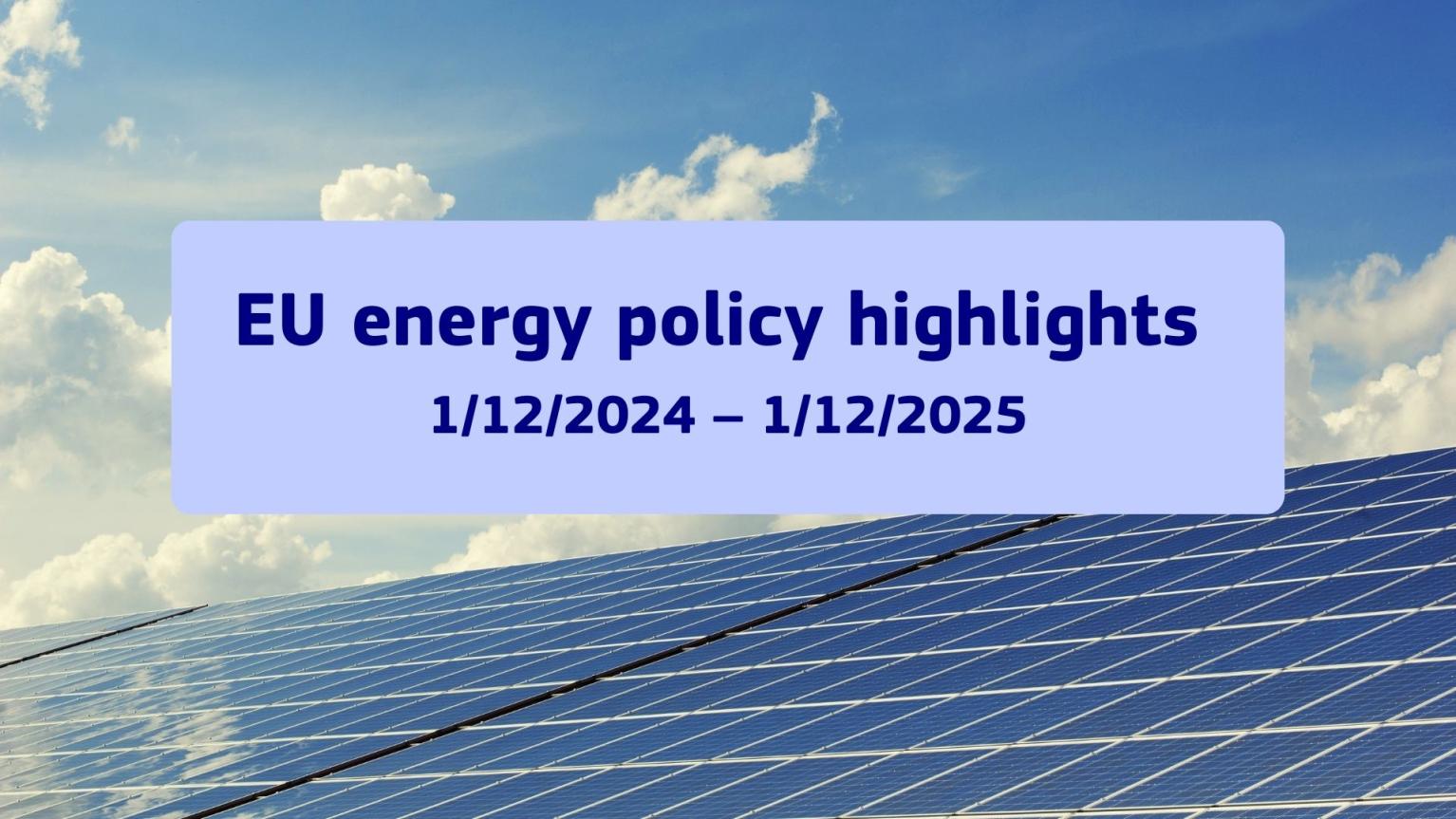In an exclusive survey conducted by The Guardian, hundreds of leading climate scientists from the Intergovernmental Panel on Climate Change (IPCC) have revealed alarming predictions about the trajectory of global temperatures. The consensus among these experts indicates that the world is poised to surpass the critical 1.5-degree Celsius target set to mitigate climate change, with temperatures expected to soar to at least 2.5 degrees Celsius above preindustrial levels by the end of the century.
According to the survey, nearly 80% of the IPCC respondents foresee a temperature increase of at least 2.5 degrees Celsius, while almost half anticipate a rise exceeding 3 degrees Celsius. Shockingly, only a mere 6% believe that the internationally agreed-upon 1.5-degree limit will be met.
These grim projections paint a bleak picture of the future, with many scientists envisioning a “semi-dystopian” scenario characterized by famines, conflicts, and mass migration. The exacerbation of extreme weather events such as heatwaves, wildfires, floods, and storms is expected to inflict widespread devastation on both human societies and the planet’s ecosystems.
Despite their deep concerns and frustrations over the lack of governmental action, the experts emphasize the importance of continuing the fight against climate change. Every fraction of a degree avoided, they argue, will mitigate human suffering and environmental degradation.
The survey underscores the urgency for massive preparations to protect communities from the impending climate disasters. Experts warn that without significant intervention, the costs in terms of human lives will be staggering.
The failure to address the climate crisis is attributed to a lack of political will and the influence of vested corporate interests, particularly from the fossil fuel industry. Moreover, inequalities and the disproportionate impact of climate change on vulnerable populations, particularly in the global south, have exacerbated the situation.
While some experts express hope that solutions for limiting global warming to 1.5 degrees Celsius exist, there are concerns that action may come too late to prevent irreversible tipping points. Nevertheless, there is optimism in the next generation’s awareness and engagement in climate politics, offering a glimmer of hope amidst the prevailing uncertainty about the planet’s future.
Source: The Guardian













